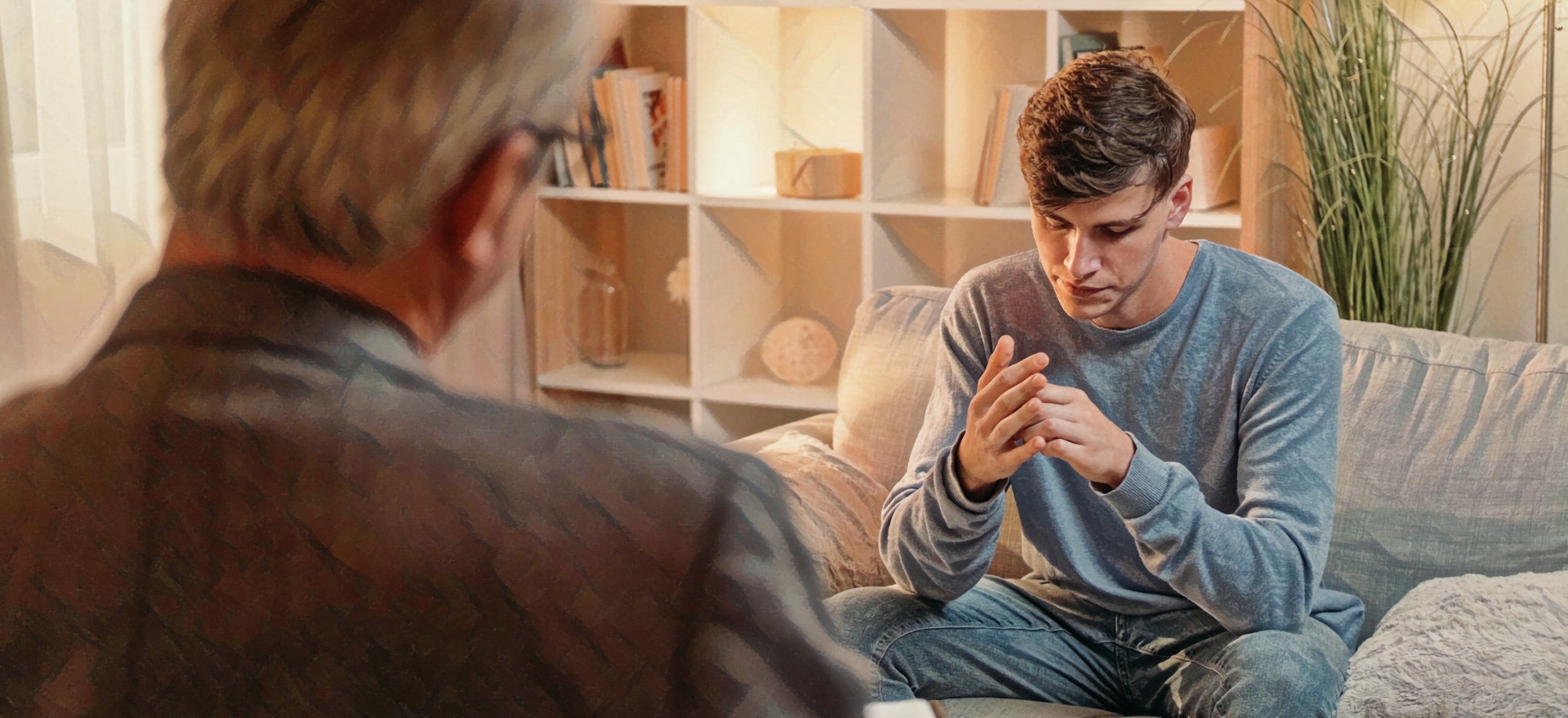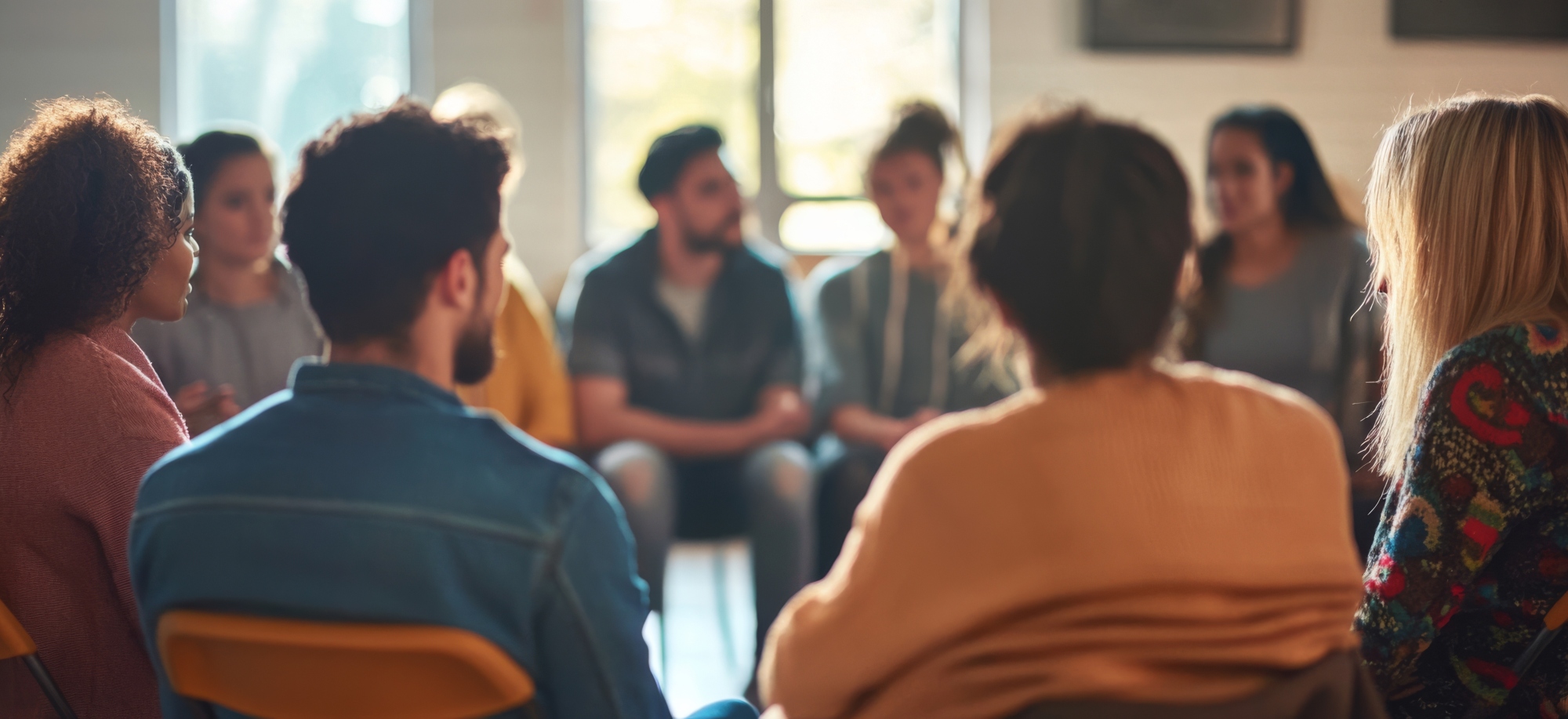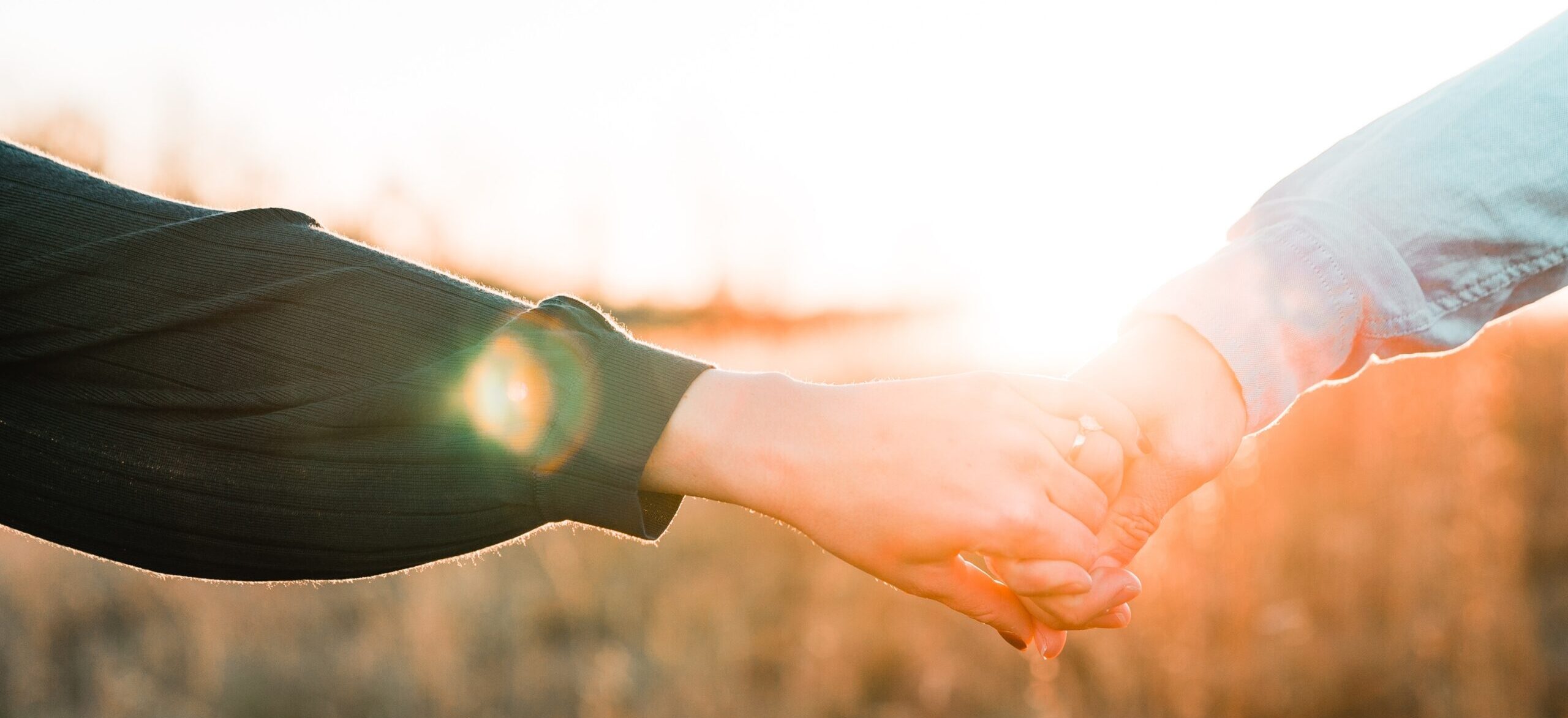Editors note: In 2019, the Alliance of Hope launched our “Suicide is Complicated” campaign to raise awareness about the complex nature of both suicide prevention and surviving the loss of a loved one. Hundreds of survivors responded, expressing their concerns that the slogan “Suicide is Preventable – Look for the Signs” oversimplifies the issue. Many said the slogan left them feeling guilty, blamed, and even angry. Some said they saw no signs; they were blindsided. Others noticed signs, and made enormous efforts, but still lost their loved one.
Over the past five years, during “National Suicide Prevention Awareness Month” we have provided an opportunity for survivors to share their thoughts on what they want the public to know.
The following essay is one of hundreds of replies posted on our forum, where it’s clear that no one wants to do anything that might undermine a program that might save someone’s life – but they do want the public to know that the causes of suicide are complicated, preventing suicide is complicated, and surviving the loss of a loved one to suicide, is complicated.
Acknowledging the Complexity of Suicide Prevention, by Knight Warrior
Suicide is complicated. While I appreciate the effort of the “Suicide is Preventable” campaign, it’s not possible to capture the complexity of suicide in a catchy slogan.
Technically, yes, I suppose it is preventable. But what realistically does that look like? We survivors endlessly relitigate in our minds where we went wrong and what we could have done differently.
I believe most of us fall into one of two camps:
1) We were blindsided. There were no signs, or the signs were so subtle as to only be seen in hindsight. Most people who are suicidal are not checking all the boxes, like hiding in their rooms or giving away all their possessions.
2) We were exhausted caregivers. After years or even decades of living with and loving someone with a mental health condition, we were no longer able to be on high alert 24/7. We had lives to live and bills to pay, and we couldn’t always be in the room with our loved ones who were also living their life, sometimes away from us.
I fall into the second group. I battled to save my son for eight years. There were endless providers, appointments, and medications. I hung on to his every mood and word. I panicked if I couldn’t reach him, going so far as to send the local police for a wellness check. There were ups and downs. My own mental health was near collapse from the stress of it.
When my son died, I felt like I set down a large and extremely awkward burden and picked up a smaller but far heavier burden, but one that I could at least understand how to hold.
How would his suicide have been preventable? Many sleepless nights in the last three years have yielded some theories, but nothing as obvious as chatting with a friend or calling a hotline.
When I read the simple prevention suggestions, I feel silently blamed.
I once read someone asking the question about a suicide: “Why didn’t the family pay closer attention?” I wanted to scream. What would that have looked like? Many people who are suicidal show no signs.
What if there are signs, but the person is non-compliant in seeking help? What is there to do then – quit your job and handcuff yourself to your loved one?
When my son was suicidal in high school, we had to have him involuntarily checked into a facility where he spent six days. Afterward, he said if I tried to force him to ever go again, even for outpatient treatment, he would run away, and I’d never see him again in my life – and he meant it.
I appreciate the intent of the prevention campaign because ignoring the suicide epidemic helps no one. I would love to see the messaging change, though.
Additionally, there is an obvious need to reframe the suicide loss experience to encourage community support for the bereaved survivors rather than dishing out blame and stigma.




